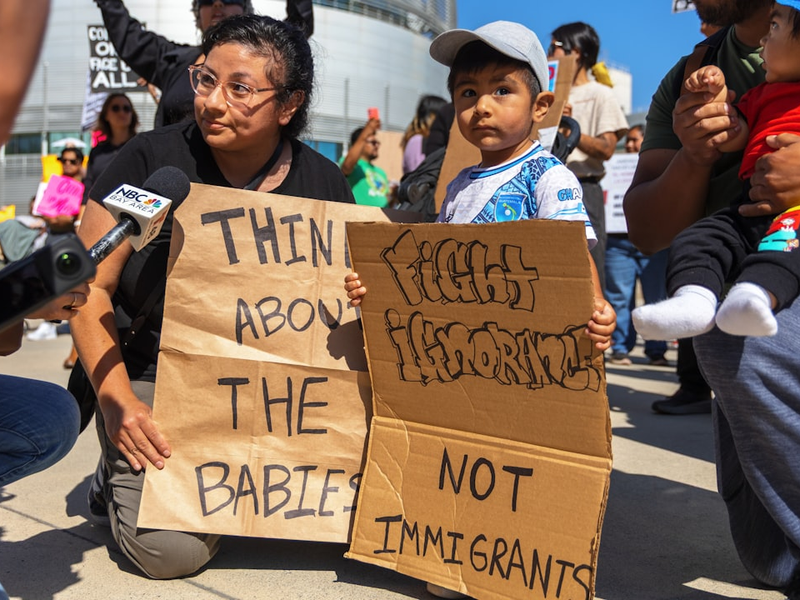A Bay Area Grandma's Fight Against Cruel Immigration Policies

Photo by Jason Leung on Unsplash
In a heartbreaking story of systemic immigration injustice, 73-year-old Sikh grandmother Bibi Harjit Kaur was forcibly deported to India after spending over three decades building a life in the San Francisco Bay Area. Her case highlights the devastating human cost of our broken immigration system.
Kaur, a seamstress who worked at Berkeley Sari Palace for more than 20 years, originally arrived in the U.S. in 1991 with her two young sons after her husband’s death. She initially sought asylum based on credible fears of persecution, stemming from the violent anti-Sikh riots that followed Indira Gandhi’s assassination in 1984.
Despite fully cooperating with immigration authorities and consistently attending mandatory ICE check-ins for 12 years, Kaur was suddenly arrested during a routine appointment in September. She was then transferred to the Stewart Detention Center in Georgia, where she endured horrific conditions that challenged her basic human dignity.
At the detention center, Kaur was denied basic necessities. She was forced to sleep on the floor despite having recent knee surgery, given meat-based meals despite being a strict vegetarian, and was not provided water to take her medications. When she requested water, she was mockingly given a plate of ice she couldn’t consume due to having dentures.
Kaur’s attorney, Deepak Ahluwalia, argued that her detention was arbitrary and cruel, particularly for an elderly woman with disabilities. Her family emphasized that she had been a contributing community member, paying taxes and building relationships for decades.
The India Consul General claimed her deportation was justified because her asylum claims were previously rejected. However, her family noted she never refused to return to India but lacked the necessary travel documentation to do so.
Kaur’s case is not unique. As of 2022-23, India was the fifth-largest source of unauthorized immigrants in the U.S., with an estimated 1.5 million undocumented people over 55 years old. Her story exposes the deeply problematic nature of current immigration enforcement practices that prioritize bureaucratic procedures over basic human compassion.
AUTHOR: pw
SOURCE: Local News Matters
























































